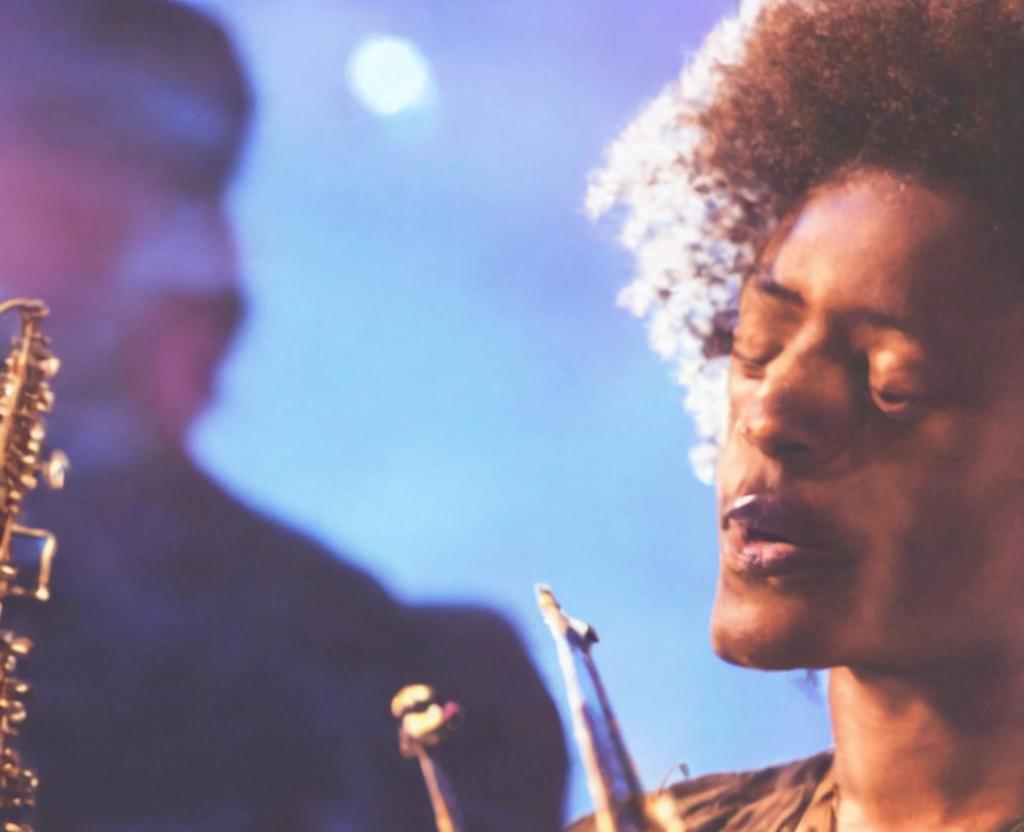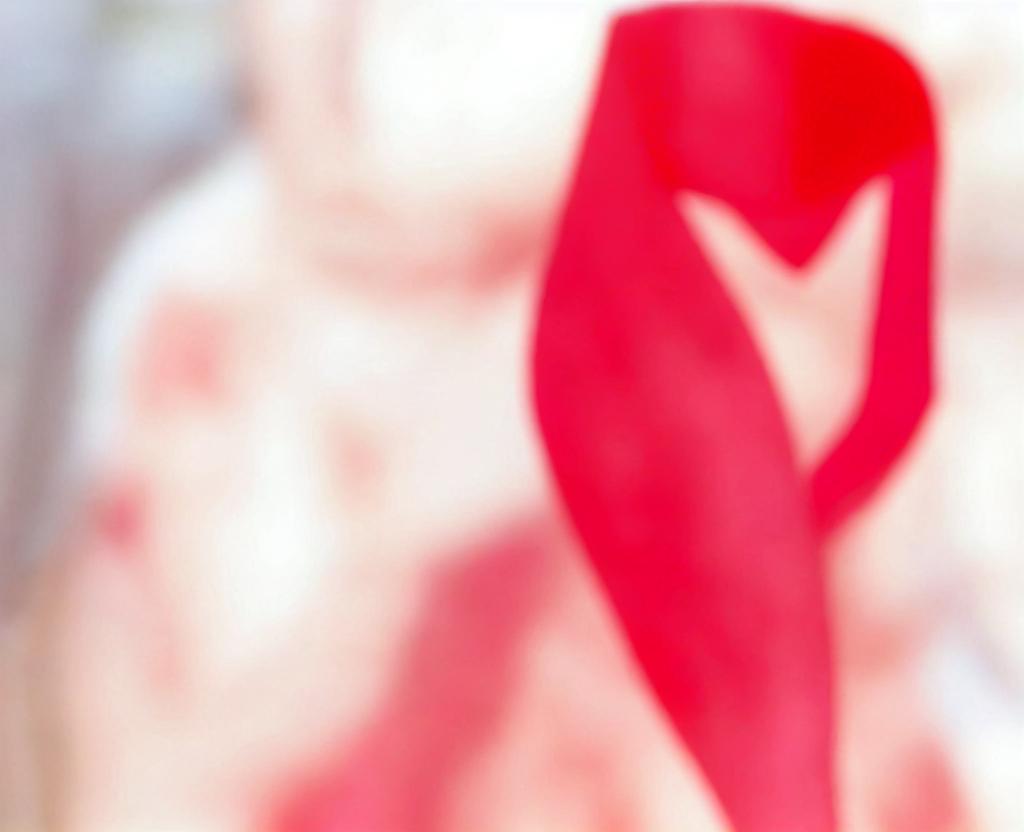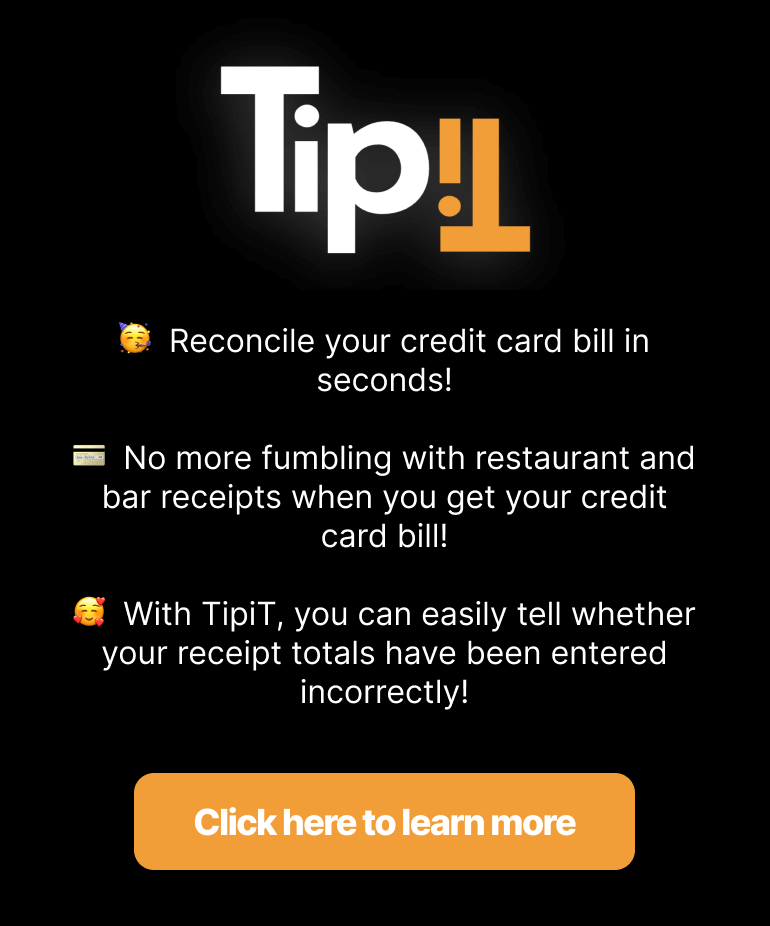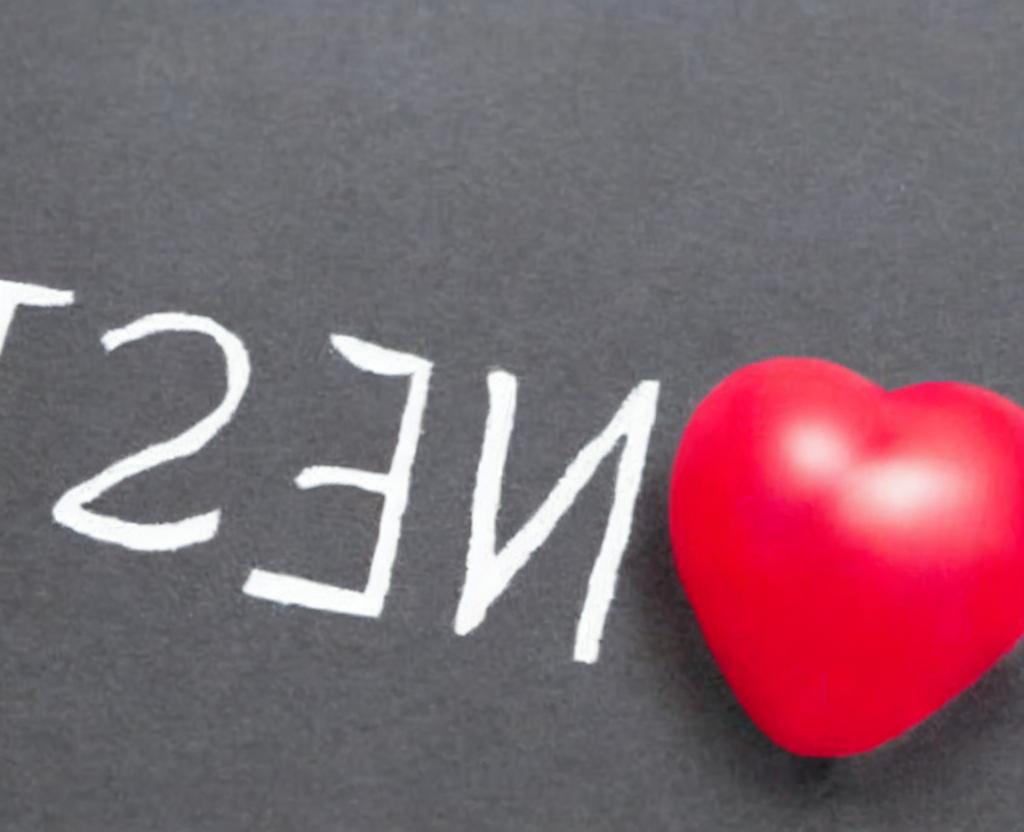When is International Jazz Day?
Sunday April 30thEvery year on April 30th, International Jazz Day highlights a movement that unites people from around the world. The day also encourages communities, schools, scholars, and artists to learn about jazz's origins and its impact.

Jazz originates from a blend of music from slave slaves' home countries, according to music historians. These slaves would gather in Congo Square on Sundays when they did not have to work around 1819. Congo Square, which is considered the birthplace of jazz music, is located in New Orleans, which is also known as the birthplace of jazz music. The sounds included Caribbean music from the West Indies, beats from Africa, and South African melodies. The finishing touches for ragtime music were upbeat tunes from the theaters and sounds from brass marching bands. Spiritual church music played with brass instruments, which led to another style of music, the blues..
Jazz came together in the late 1890s, ragtime and blues music came together to create jazz.. Buddy Bolden, an African-American bandleader, is known as the first man of jazz. French and British soldiers were introduced to jazz music in 1918, during WWI. The genre exploded in popularity in the 1920s. The 1920s were the 1920s. Today, despite the fact that jazz music is no longer popular as it once was, the genre of music still has a way of uniting various cultures. Jazz music, according to many, symbolizes peace and unity, sparks intercultural dialogue, and reduces tensions between individuals, groups, and communities.
HOW TO OBSERVE #InternationalJazzDay #InternationalJazzDay is a worldwide recognition of the United States of America. Every year, a new city hosts the All-Star Global Concert. Past host cities included Sydney, St. Petersburg, Habana, Washington, D.C., Paris, Osaka, and Istanbul. In addition, jazz musicians, professional artists, and music educators hold workshops, lectures, free performances, virtual concerts, jam sessions, and community outreach programs. The following links are also available: Jazz artists, professional artists, and music educators.







